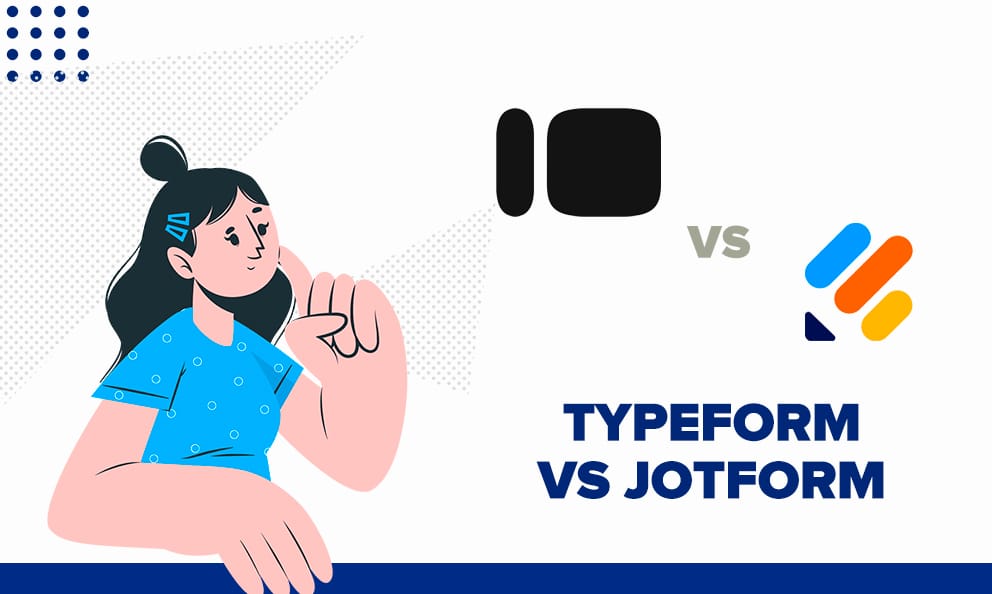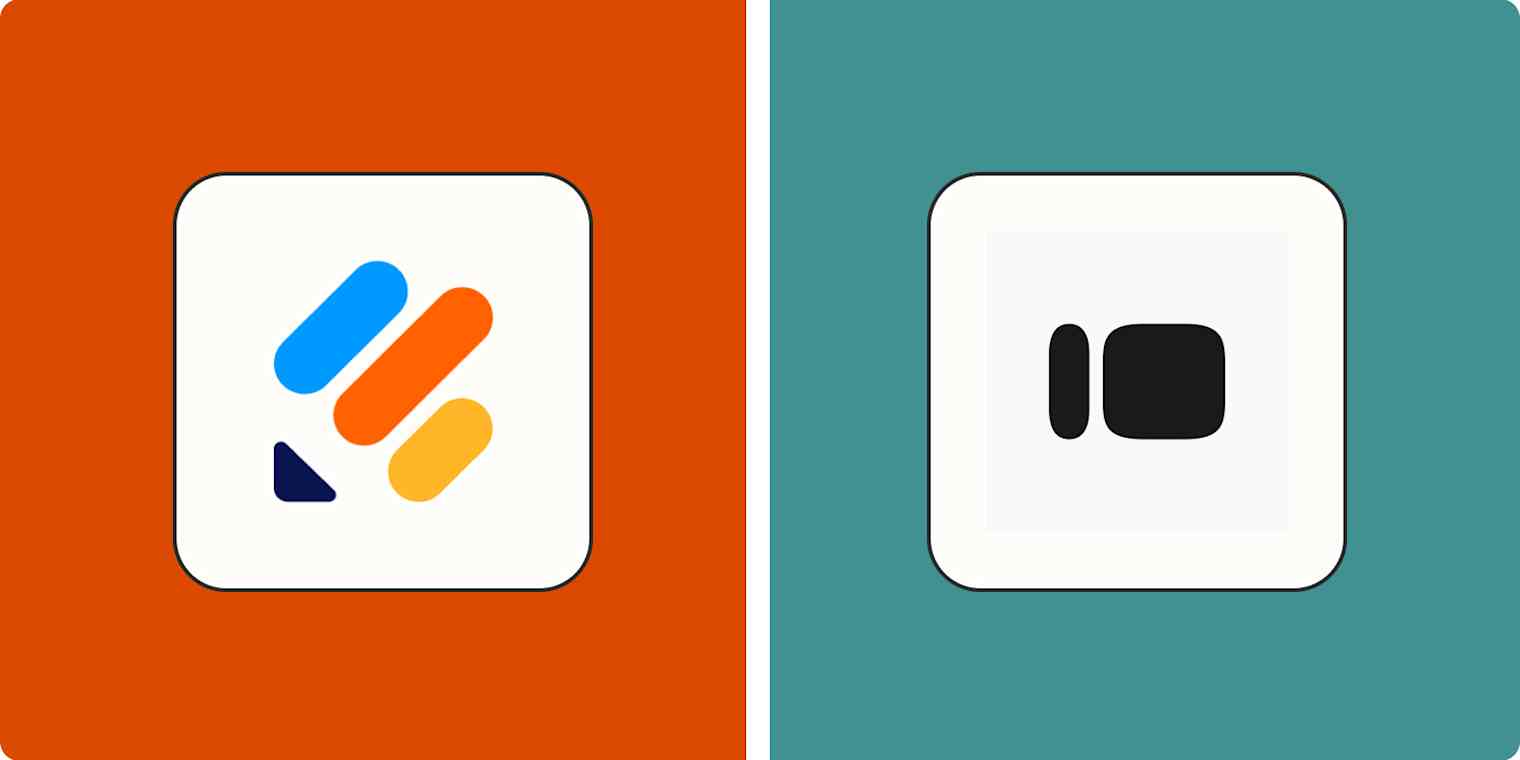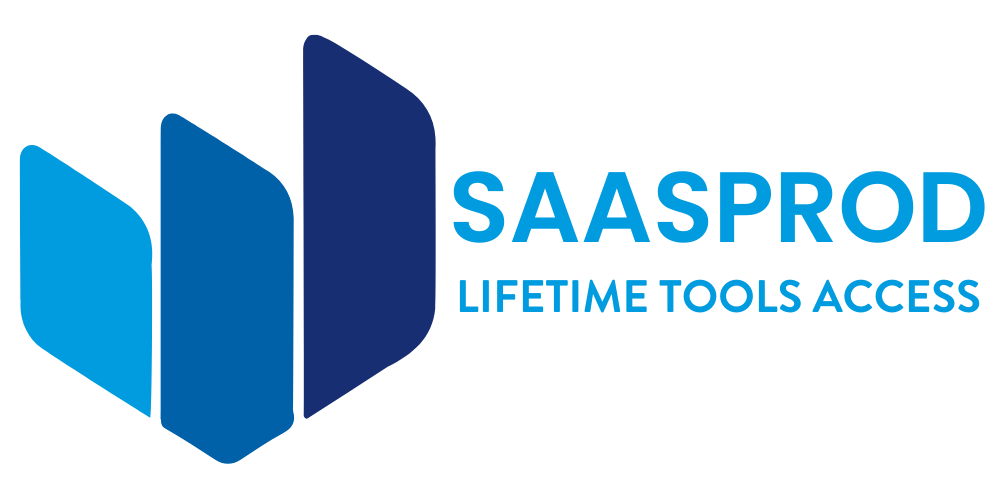Jotform and Typeform are popular tools for creating online forms. Both offer unique features and benefits.
Jotform Vs Typeform Which One Is The Best? Choosing between Jotform and Typeform can be challenging. Each platform has its own strengths. Jotform is known for its robust customization options and integrations. Typeform stands out with its interactive and user-friendly design. Comparing these tools helps you find the best fit for your needs.
This blog post’ll explore the key differences between Jotform and Typeform. We’ll look at their features, ease of use, pricing, and more. By the end, you’ll clearly understand which tool suits your specific requirements. Let’s dive into the details and make an informed decision.
Ease Of Use
Choosing between Jotform and Typeform can be tricky. Both offer unique features. But how easy are they to use? Let’s break it down.
User Interface
Jotform’s interface is straightforward. It offers drag-and-drop functionality. This makes form creation simple. The layout is clean and organized. Users can quickly find the tools they need.
Typeform, on the other hand, has a modern design. It focuses on one question at a time. This can be engaging for users. The interface is also intuitive. Users can navigate it with ease.
Learning Curve
Jotform is user-friendly. Beginners can start without much training. The drag-and-drop feature speeds up learning. It’s easy to create forms in minutes.
Typeform also has a gentle learning curve. Its step-by-step approach helps users. Each question is added one at a time. This method is easy to grasp. Even beginners can create forms quickly.
Customization Options
When choosing between Jotform and Typeform, customization options play a crucial role. Let’s explore the customization features of both platforms under two main aspects: Form Design Flexibility and Branding Capabilities.
Form Design Flexibility
Jotform offers extensive design flexibility. Users can customize almost every aspect of their forms. This includes:
- Changing form layout
- Adjusting colors and fonts
- Adding custom CSS
Jotform also provides a drag-and-drop builder. This makes it easy to create complex forms without coding knowledge.
Typeform, on the other hand, focuses on simplicity and user experience. It offers a sleek, conversational form design. Users can choose from various pre-designed templates and themes. While it offers less design flexibility, its forms are visually appealing and user-friendly.
Branding Capabilities
Both Jotform and Typeform allow users to incorporate branding elements. Jotform excels with its extensive branding options, including:
- Adding logos and images
- Customizing thank you pages
- Using custom domains
Jotform also offers white-labeling features for enterprise users. This helps businesses maintain a consistent brand experience.
Typeform allows basic branding customization. Users can add logos, change background colors, and adjust font styles. It also provides a branded experience through its user-friendly interface. For advanced branding, Typeform offers a Pro plan with additional features.
Overall, the choice between Jotform and Typeform depends on your specific needs. Jotform provides more extensive design and branding options. Typeform offers a sleek, user-friendly experience with essential branding capabilities.
Features And Functionality
Choosing between Jotform and Typeform can be tough. Both tools offer unique features and great functionality. Understanding their core and advanced features will help you decide which one suits your needs best.
Core Features
Both Jotform and Typeform offer a range of core features. These include form creation, customization options, and data collection capabilities.
| Feature | Jotform | Typeform |
|---|---|---|
| Form Creation | Drag-and-drop builder | Interactive form builder |
| Customization | Extensive customization options | Beautiful, conversational forms |
| Data Collection | Real-time data capture | Real-time data capture |
Advanced Features
Jotform and Typeform also offer advanced features. These can enhance your forms and improve user experience.
- Integration: Both platforms integrate with popular tools like Google Sheets and Slack.
- Conditional Logic: Jotform and Typeform support conditional logic to create dynamic forms.
- Payment Collection: Jotform integrates with many payment gateways. Typeform supports Stripe and PayPal.
Jotform offers more advanced customization features. Typeform shines with its user-friendly design and engaging forms.

Credit: www.questionpro.com
Integration Capabilities
Choosing the right form builder often depends on how well it integrates with other tools. Both Jotform and Typeform offer various integration capabilities. Let’s dive into their third-party integrations and API support.
Third-party Integrations
Jotform supports a wide range of third-party integrations. You can connect it with popular tools like Google Sheets, Dropbox, and PayPal. This makes it easy to automate tasks and manage data efficiently.
Typeform also offers robust third-party integrations. You can link it with Slack, Mailchimp, and Google Analytics. This allows for seamless data flow and enhanced workflow automation.
Below is a quick comparison:
| Integration | Jotform | Typeform |
|---|---|---|
| Google Sheets | Yes | Yes |
| Dropbox | Yes | No |
| PayPal | Yes | Yes |
| Slack | Yes | Yes |
| Mailchimp | Yes | Yes |
| Google Analytics | No | Yes |
Api Support
Both Jotform and Typeform offer API support, making custom integrations possible. Jotform’s API allows for extensive customization and data handling.
Typeform’s API is also robust, enabling users to create, retrieve, and manage forms programmatically. This flexibility is key for developers who need custom solutions.
Consider your specific needs and technical skills. This will help determine the best fit for you.
Pricing And Plans
Choosing the right form builder can be tough, especially with so many choices. Both Jotform and Typeform offer various pricing plans. Understanding these plans can help you decide which tool fits your needs best. Let’s break down their pricing and plans.
Free Vs. Paid Plans
Both Jotform and Typeform offer free plans. The free plans have basic features and are good for simple forms.
- Jotform Free Plan: Includes 5 forms, 100 submissions per month, and 100 MB storage.
- Typeform Free Plan: Allows 3 forms with 10 questions each and 100 responses per month.
The free plans are limited, so upgrading to paid plans offers more features and flexibility.
Value For Money
Paid plans come with advanced features and better limits. Here’s a comparison of their value for money:
| Plan | Jotform | Typeform |
|---|---|---|
| Basic | $24/month | $25/month |
| Features | 25 forms, 1,000 submissions, 1 GB storage | 5 forms, unlimited questions, 1,000 responses |
| Advanced | $29/month | $50/month |
| Features | 100 forms, 10,000 submissions, 10 GB storage | Unlimited forms, unlimited questions, 5,000 responses |
Both tools offer value for their prices, but your needs will determine which is better.

Credit: zapier.com
Customer Support
Customer support is crucial when choosing between Jotform and Typeform. Both platforms offer various support options. Let’s explore how they compare.
Support Channels
Jotform provides multiple support channels. Users can access email support, live chat, and a detailed FAQ section. They also have community forums for peer assistance.
Typeform also offers several support options. These include email support, live chat, and a comprehensive help center. Their blog and community forums provide additional resources.
Response Time
Jotform is known for its quick response time. Most users report getting replies within a few hours. Their live chat is especially prompt.
Typeform has a slightly slower response time. Users often receive replies within 24 hours. The live chat can be quick, but it depends on the time of day.
Both platforms aim to solve issues quickly. Yet, Jotform seems to have the edge in response time.
User Feedback
User feedback is crucial for evaluating any tool. Let’s see what users say about Jotform and Typeform. This section will cover customer reviews and common complaints for each platform.
Customer Reviews
Jotform receives praise for its user-friendly interface. Many users appreciate the drag-and-drop feature. It saves time and makes form creation easy. Another highlight is the wide range of templates available. Users find them helpful and time-saving.
Typeform is also popular for its attractive design. Users enjoy the interactive, conversational style of forms. This feature makes surveys more engaging. Many find Typeform’s design modern and appealing.
Common Complaints
Jotform users sometimes face issues with customer support. Some say the response time is slow. Others mention occasional bugs in the system. These bugs can disrupt form submissions.
Typeform users often complain about the pricing. Many feel it is expensive compared to other tools. Some also find the learning curve steep. It takes time to master all the features.
Here’s a quick comparison of the common complaints:
| Platform | Common Complaints |
|---|---|
| Jotform |
|
| Typeform |
|
Both tools have their strengths and weaknesses. User feedback helps you decide which tool suits your needs best.

Credit: contentsnare.com
Frequently Asked Questions
What Are The Key Differences Between Jotform And Typeform?
Jotform offers customizable forms with various templates. Typeform focuses on user-friendly, engaging form designs. Jotform has advanced features and integrations. Typeform excels in creating interactive, conversational forms.
Which Platform Is Easier To Use, Jotform Or Typeform?
Typeform is known for its intuitive, user-friendly interface. Jotform offers extensive customization options. Both are easy to use, but Typeform is more straightforward for beginners.
Are Jotform And Typeform Mobile-friendly?
Yes, both Jotform and Typeform are mobile-friendly. They ensure forms look great and function well on all devices. This makes it convenient for users to fill out forms on mobile.
How Do Pricing Plans Compare For Jotform And Typeform?
Jotform offers a free plan with limited features. Paid plans start at $29 per month. Typeform also has a free plan, with paid plans starting at $35 per month. Pricing depends on the features and usage.
Conclusion
Choosing between Jotform and Typeform depends on your specific needs. Jotform offers more customization and integrations. Typeform provides a sleek and engaging user experience. Both platforms have unique strengths. Consider your priorities and test both. Make an informed decision based on your project’s requirements.
Happy form building!

